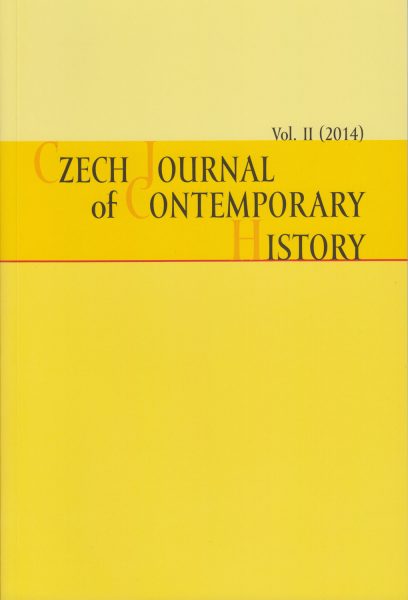Unreliable Elements, or the Object of Social Engineering
in the Czech Borderlands?
Unreliable Elements, or the Object of Social Engineering
in the Czech Borderlands?
Author(s): David KovaříkSubject(s): Review
Published by: AV ČR - Akademie věd České republiky - Ústav pro soudobé dějiny
Summary/Abstract: Spurný, Matěj. Nejsou jako my: Česká společnost a menšiny v pohraničí (1945–1960)[They Are Not Like Us: Czech Society and Minorities in the Borderlands (1945–1960). Praha: Antikomplex, 2011, 373 pp. In this review, the author discusses the main ideas in Matěj Spurný’s book that he considers an important contribution to the social history of postwar Czechoslovakia, since Spurný attempts not only to identify the changing attitude of majority Czech society and its political élites towards minority groups (Germans, Roma, and Volhynian Czechs), but also to identify the Sinn welt and social practice which emerged in the borderlands after the Second World War against the background of the local processes of expulsion and resettlement. The author focuses on Spurný’s argument that events in the borderlands became, in a certain sense, a laboratory for state-wide developments. But he expresses doubts about the justifiability of linking analyses of the Volhynian Czechs with other groups of re-emigrants.According to the author of the article, Spurný’s Nejsou jako my adds much to our knowledge about the Czech borderlands and their inhabitants, and is likely to encourage debate about more general questions related to postwar Czech history and its interpretation.
Journal: Czech Journal of Contemporary History
- Issue Year: II/2014
- Issue No: 2
- Page Range: 164-172
- Page Count: 9
- Language: English

